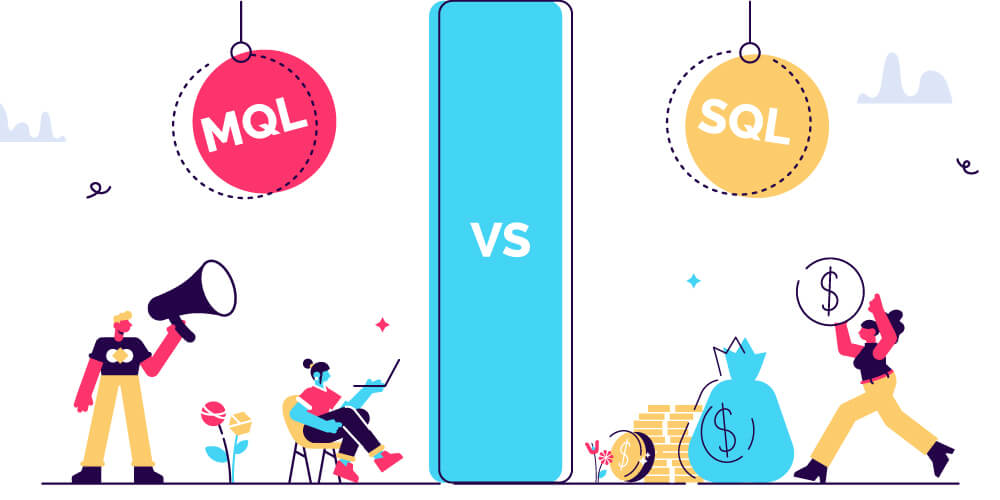Yes, SEO, or Search Engine Optimization, is a key aspect of digital marketing focused on improving a website’s visibility on search engine results pages (SERPs). The goal of SEO is to increase organic (non-paid) traffic to a website by optimizing various elements that search engines use to rank content.
Here’s a breakdown of what SEO entails:
1. Keyword Research
- Identifying Keywords: SEO begins with finding relevant keywords and phrases that potential customers use when searching for products, services, or information related to your business.
- Keyword Tools: Tools like Google Keyword Planner, Ahrefs, and SEMrush help in identifying high-volume and low-competition keywords that can be targeted in your content.
2. On-Page SEO
- Content Optimization: This involves incorporating keywords naturally into your website’s content, including blog posts, product descriptions, and landing pages, while ensuring the content is valuable and relevant to users.
- Meta Tags: Optimizing title tags, meta descriptions, and header tags with targeted keywords to make it clear to search engines what each page is about.
- URL Structure: Creating SEO-friendly URLs that include keywords and are easy for both users and search engines to understand.
- Internal Linking: Linking related pages within your website to improve navigation and help search engines understand the structure and hierarchy of your content.
- Image Optimization: Using descriptive file names, alt text, and appropriate sizing to optimize images for faster loading times and better indexing by search engines.
3. Technical SEO
- Website Speed: Ensuring your website loads quickly, as site speed is a ranking factor for search engines like Google.
- Mobile-Friendliness: Optimizing your website for mobile devices, since a significant portion of searches now happens on smartphones and tablets.
- Site Architecture: Structuring your website’s pages and URLs in a way that makes it easy for search engines to crawl and index your content.
- Secure HTTPS Connection: Using HTTPS encryption to secure data on your website, which can improve your rankings.
- XML Sitemaps: Creating and submitting an XML sitemap to search engines to help them find and index your content more efficiently.
4. Off-Page SEO
- Backlinks: Acquiring links from other reputable websites to your site. High-quality backlinks signal to search engines that your site is authoritative and trustworthy.
- Social Signals: Engagement from social media platforms, such as likes, shares, and comments, can indirectly influence your search rankings by driving traffic and building your online presence.
- Local SEO: Optimizing your business for local search results, including creating a Google My Business profile, getting listed in local directories, and gathering customer reviews.
5. Content Marketing
- Quality Content: Creating valuable, informative, and engaging content that answers users’ questions or solves their problems is essential for SEO.
- Regular Updates: Keeping your content fresh and regularly updated to stay relevant and maintain or improve rankings.
- Content Types: Utilizing various content formats such as blog posts, infographics, videos, and podcasts to attract and retain visitors.
6. Analytics and Monitoring
- Tracking Performance: Using tools like Google Analytics and Google Search Console to monitor traffic, keyword rankings, bounce rates, and other key metrics.
- Adjusting Strategies: Continuously analyzing the effectiveness of your SEO efforts and making adjustments based on performance data to improve your results over time.
7. User Experience (UX)
- Engagement Metrics: Search engines consider how users interact with your website, such as click-through rates, time spent on site, and bounce rates.
- Ease of Navigation: Ensuring users can easily find what they’re looking for on your site enhances the user experience, which can positively impact your SEO.
Why SEO is Important in Marketing
- Increased Visibility: Effective SEO increases your website’s visibility in search engine results, making it easier for potential customers to find you.
- Cost-Effective: Unlike paid advertising, SEO focuses on driving organic traffic, which can lead to long-term, sustainable results without ongoing ad spend.
- Builds Credibility: High rankings in search results build trust and credibility with users, as they often perceive top-ranking sites as more authoritative.
- Targeted Traffic: SEO helps attract users who are actively searching for what your business offers, leading to higher conversion rates.
In summary, SEO is a critical component of digital marketing that focuses on improving a website’s visibility and ranking on search engines, driving more organic traffic, and ultimately contributing to business growth.





